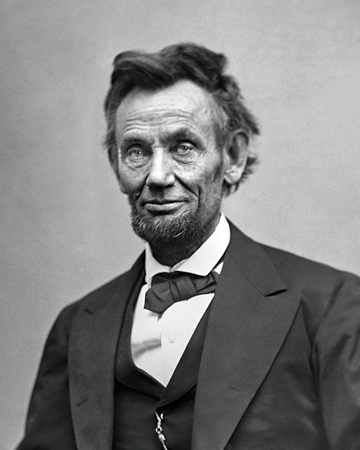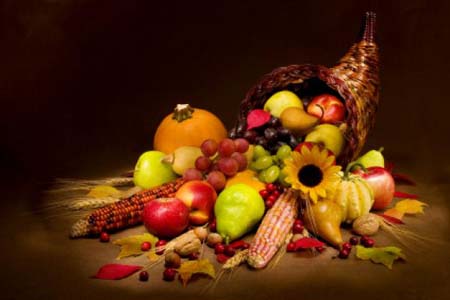
(Lincoln in February 1865, about two months before his death. Picture by Alexander Gardner, Library of Congress).
The historians tell us that Gettysburg, the epic battle in the summer of 1863, was the high water-mark of the Confederacy’s revolt against the central government of the United States. It would be convenient if those that lived the experience knew that the waters of rebellion were rushing out and the war would end in two years.
Nothing like that was possible at the time, and Lincoln himself would be taken under fire by Rebel sharpshooters at Fort Stevens in the northern District of Columbia the next year. While the siege of Vicksburg in the west had succeeded in breaking Rebel lines of communication, and the Confederates had been expelled from Pennsylvania, the outcome was very much in doubt.
In hindsight, we can wrap it up as the inevitability of history- that slavery had to be ended, democracy preserved and the rebellion crushed.
Gettysburg was a victory that ended the disastrous string of military misadventures that had demonstrated the inability of Federal forces to overcome the élan of the Confederate forces, largely fighting on their own soil. As winter was coming on in the second year of the conflict, the President was concerned with the state of the national mood.
The great struggle required commitment, blood and sacrifice. Before Gettysburg, in March of that decisive year, Lincoln sought to reassure the North that all would be well, if the people shared a or a national day of “Humiliation, Fasting and Prayer.”
There had been humiliation in spades in the first two years of the war. In his proclamation, he said:
“We have been the recipients of the choicest bounties of Heaven; we have been preserved, these many years, in peace and prosperity; we have grown in numbers, wealth and power as no nation has ever grown. But we have forgotten God.
“We have forgotten the gracious hand which preserved us in peace, and multiplied and enriched and strengthened us; and we have vainly imagined in the deceitfulness of our hearts that all these blessings were produced by some superior wisdom and virtue of our own.
“Intoxicated with unbroken success, we have become too self-sufficient to feel the necessity of redeeming and preserving grace, too proud to pray to the God that made us.”
That summer, Robert E. Lee left his winter camp at Culpeper and moved toward Maryland and Pennsylvania. By Fall things seemed to be moving in a different direction, and U.S. Grant was preparing to take over the winter camp Lee had left in the Spring. As he noted in his address at the cemetery in Gettysburg, the “great task” and “unfinished work” would need to start with reuniting a nation.
As we look around there is still unfinished work from that awful struggle, still wounds that have not been fully bond up. But things had improved considerably since the Spring, and the President issued a proclamation establishing Thanksgiving as a national holiday. His words still ring today:
“The year that is drawing toward its close has been filled with the blessings of fruitful fields and healthful skies. To these bounties, which are so constantly enjoyed that we are prone to forget the source from which they come, others have been added which are of so extraordinary a nature, that they cannot fail to penetrate and soften the heart which is habitually insensible to the ever-watchful providence of Almighty God . . . .
“I do therefore invite my fellow citizens in every part of the United States, and also those who are at sea and those who are sojourning in foreign lands, to set apart and observe the last Thursday of November next, as a day of Thanksgiving and Praise to our beneficent Father who dwelleth in the Heavens. And I recommend to them that while offering up the ascriptions justly due to Him for such singular deliverances and blessings, they do also, with humble penitence for our national perverseness and disobedience, commend to His tender care all those who have become widows, orphans, mourners or sufferers in the lamentable civil strife in which we are unavoidably engaged.”
There is still strife aplenty in this world, and challenges even Mr. Lincoln might have considered grave. But at this moment in time, we have a bounty not seen before in human history. We are blessed to live in the greatest Republic the world has known, an experiment in human rights and democracy that has shown the best that people can be when they stand together.
Now, it is off to Willow to celebrate the day- and remember where it came from and why it is so important. Happy thanksgiving, and bless us all.

Copyright 2014 Vic Socotra
www.vicsocotra.com
Twitter: @jayare303
